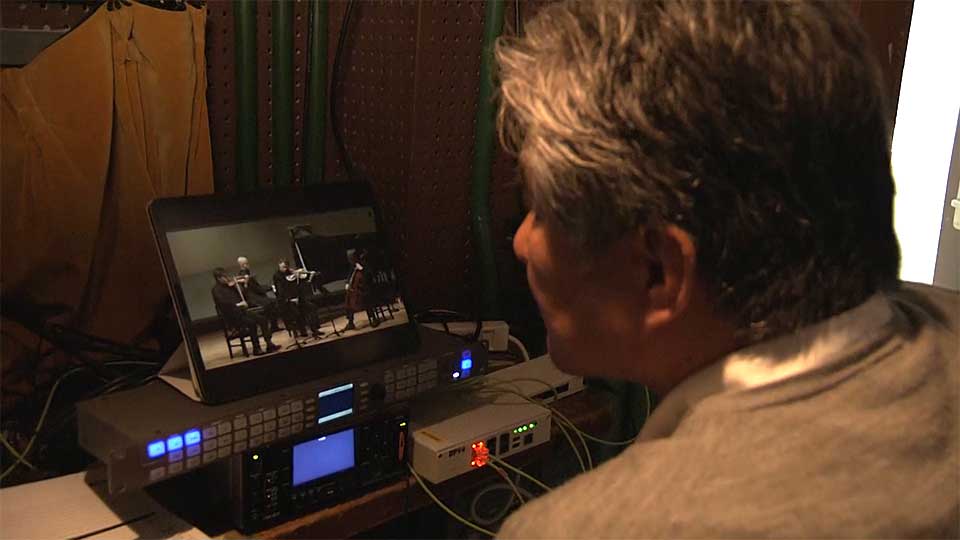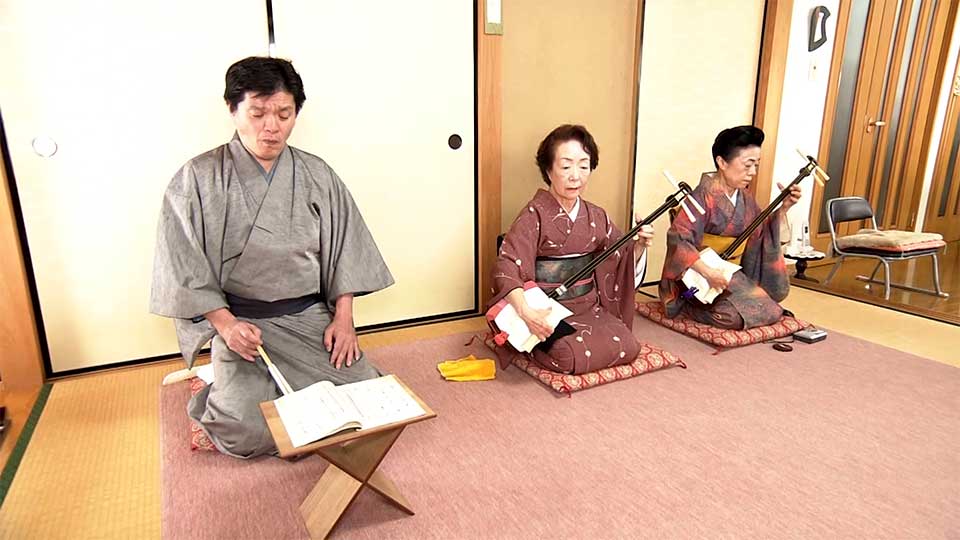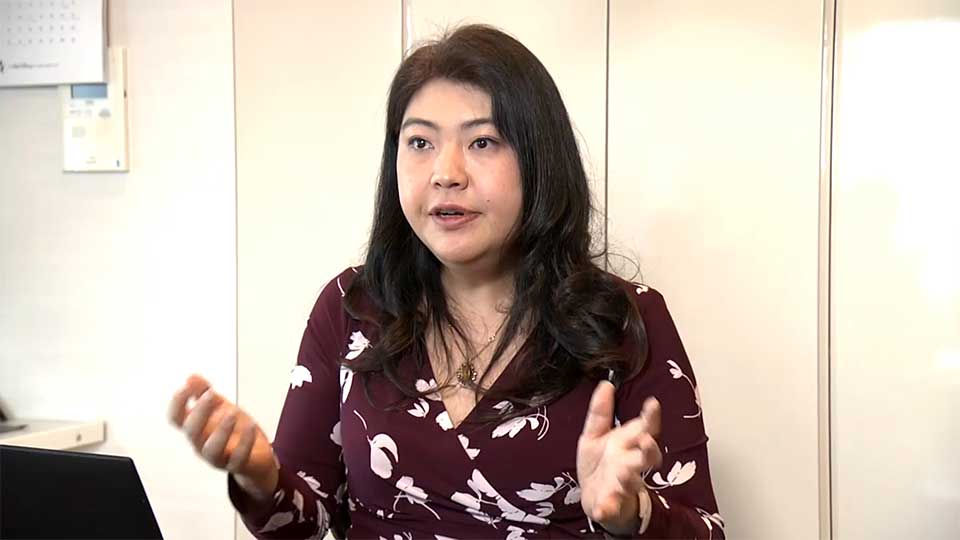
It is a similar story around the world, as opera houses, theatres and concert halls are shuttering, and performers are feeling the pinch.
In a recent online survey of Japanese performers, 95 percent said they had had a show cancelled as a result of the coronavirus. Two-thirds of them had had at least three shows canceled or postponed in March.
Most performing artists in Japan are freelancers who don't receive large paychecks. The survey found that the median income was between two and three million yen, or $18,000 to $28,000. And half of the performers said their income in March has dropped by $1,400.

Katsukichiji Kineya is one of those affected. He has dedicated his life to a traditional style of Japanese music called Naga-uta, developed as an accompaniment to kabuki theater. The third-generation performer began his training at the age of four. Now, with most of his performances for March canceled, he is worried about making ends meet.
He's also worried about the future of his art. Kineya says if the situation continues much longer, the job will no longer be viable.
A third of the performers who responded to the survey said if things remain as they are, they may have to find new jobs by the end of April.
Ryoko Takei, Director of the board of Japan Traditional Culture Interchange Association, says Japanese performing arts could soon fall into a critical condition.

Four international associations representing performers have issued a joint emergency statement. They say performers are facing a sudden and dramatic loss of income, and ask governments to take emergency action to support the sector.
The arts provide an escape from the rigors of daily life. That may be more necessary now than ever, but while the pandemic continues, it seems, the show can't go on.

